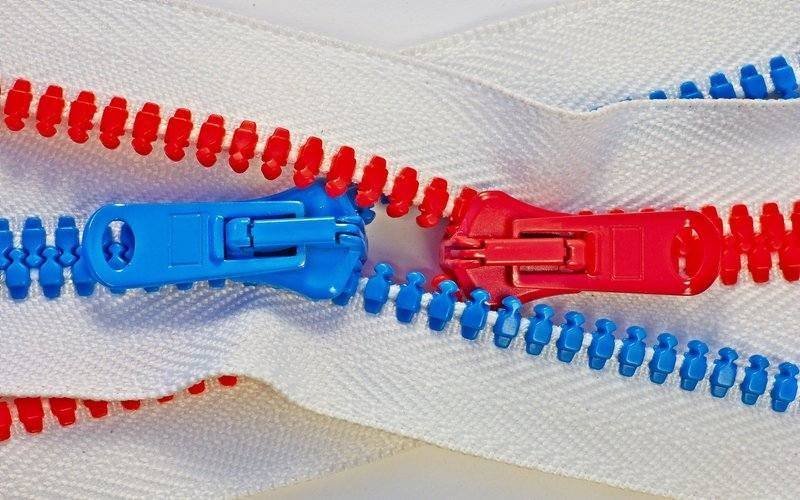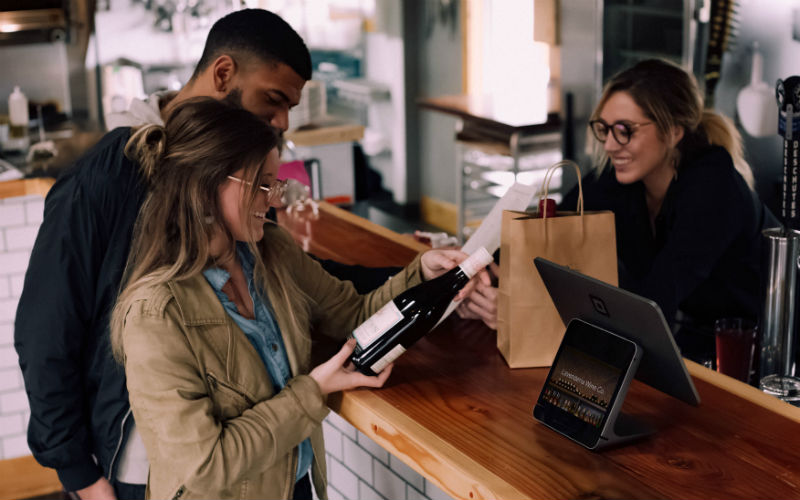***BREAKING: Virgin Australia is reportedly set to go into voluntary administration.
Virgin Australia has been one of the hardest-hit companies so far during COVID-19, being forced to stand down 8,000 of its 10,000 employees and ground all but one of its aircraft. The company is bleeding money at the moment due to enforced travel restrictions and social isolation practices, and on Tuesday morning it was placed into a trading halt until further notice.
The situation looks dire, and with the Federal Government so far ruling out a bailout for the embattled airline, aviation experts have given it until September to survive as things stand.
The collapse of Virgin would be a huge blow to the aviation industry: Not since Ansett in 2001 has an Australian airline collapsed and in that instance, $700 million worth of Global Rewards Points (70 billion points in total) were rendered worthless.
The same fears are now persisting about Virgin’s frequent flyer program, Velocity, and whether or not these points will vanish overnight should Virgin meet a grizzly end.
University of New South Wales School of Aviation professor Tony Webber recently surmised that there’s $2 billion worth of Virgin Velocity points in circulation at the moment, so it’s worth asking:
- Is Virgin really going to collapse?
- What’s going to happen to your points?
- Should you spend your existing points on non-flight items?
Is Virgin really going to collapse?
It’s unclear whether Virgin is truly going to collapse - you could argue that the fate of the airline is up in the air, pardon the pun. Airlines collapsing isn’t too uncommon. It happened to Virgin’s predecessor Ansett in 2001, and globally, airlines such as Air Berlin (2017) have also gone extinct.
While the Federal Government has remained tight-lipped as to whether it will bail Virgin out, it has expressed a desire to maintain two competitor airlines in order to avoid a Qantas monopoly. With Virgin’s shareholders (Etihad Airways, Singapore Airlines, China’s Nanshan Group, HNA and Sir Richard Branson’s Virgin Group) all facing their own problems, frequent flyer expert and spokesperson at Point Hacks Daniel Sciberras believes the government will end up intervening.
“The situation is different to Ansett to a big extent. This is being caused by government policy,” Mr Sciberras told Savings.com.au.
“Of course, this policy was very likely needed, but it is government policy that has caused this and you’d think even though the government is probably prudently at the moment saying ‘no, no, no’, there might be some form of assistance coming one way or the other.”
Ultimately, Mr Sciberras said he believes it to be unlikely that Virgin will go under, but the possibility still remains. So we come back to that central question: What happens to Velocity points?
What’s going to happen to your points?
Virgin boss Paul Scurrah has so far refused to discuss what exactly will happen if the company collapses, but there are differing opinions as to what will happen to Velocity points.
One scenario is the points ceasing to exist. Dr Webber says the points are all but certain to be lost if the airline goes.
“You can write off Velocity Points, say goodbye to that,” he told The Courier Mail, and recommended “burning the items online” - we discuss the merits of this further down.
“Just try and get a product out of them, get yourself a frying pan,” he said.
However, other industry experts aren’t so sure the points will be worthless. In the case of Virgin Velocity, it is actually a separate division to the airline run as a different division within the airline.
Founder and CEO of iFlyFlat Steve Hui, aka the Points Whisperer, said Virgin Velocity was valued by the company at around $2 billion before COVID-19 struck, and isn’t automatically gone if the airline goes.
“The Velocity program is a profitable business with over 10 million members and is a very strong loyalty marketing powerhouse,” he told Savings.com.au.
“I believe Velocity points will continue to have a life even if Virgin the airline changes, but the value of the points and the redemption options and airline partners might change a little depending on who buys the Velocity business.”
Something like this has happened before. When Air Berlin filed for insolvency in August 2017, its loyalty program TopBonus was eventually bought by Etihad, which extended a lifeline for the TopBonus members to use their miles earned up to November 2017.
In the July-December 2019 period, Virgin’s Velocity arm recorded higher pre-tax earnings ($68.9m) than the airline's entire domestic and international flying ($66m), so it’s clearly a valuable program.
In the worst-case scenario of Virgin going under, Mr Sciberras said Virgin’s 10 million velocity members would likely be snapped up by someone else, such as banks, who have their own loyalty programs, or large retailers like Coles who own Flybuys, the most popular loyalty program in the country.
Half of frequent flyer points globally are issued through credit cards, so banks could be very interested in snapping up Velocity points.
“It’s very, very, very unlikely people’s points will be worthless in a week’s time,” he said.
Should you spend your existing points on non-flight items?
We’ll come back to that proposition of “burning” points on online items, as there are a couple of snags in such a plan.
First of all is the fact that Virgin and Qantas have both tightened restrictions on how members can spend their loyalty points, as too many members using up all their points could be a drain on the airlines’ existing cash flow.
So far, Virgin has:
-
Suspended the transfer of points from its Velocity loyalty scheme to partner Singapore Airlines’ KrisFlyer scheme
-
Limited the purchase of retail gift cards using points to one per day
Virgin has noted that these restrictions are “temporary”, and “looks forward to providing you with this program feature once flight schedules return to normal”.
Another issue with this strategy is that the value of redeeming non-flight products with points, such as gift cards or phones, is far worse than redeeming the points for flights.
“The value proposition of these points has not changed because of this outbreak. You're still going to get the best value for your redemption if you use them on flights and more specifically if you use them on long haul business class flights,” Mr Sciberras said.
“Now, of course, there's a lot of uncertainty in that proposition. And so some people might be thinking, well, should I be looking to use them elsewhere?
“If you do use them on non-flight rewards, you are going to get less value for your points.”
Previous research from Point Hacks shows the per-point values of flights were up to six times better than in-store products, with product redemptions often being considered low-value.
You’re likely to get around 1.5 to 14 cents worth of value for a single rewards point when redeeming them on a flight, while that same point would only give you about 0.4 to 0.8 cents worth of value on a tangible product.
Mr Sciberras says it's usually around 0.45 to 0.5 cents per point when redeemed for products instead of flights, and you should only consider spending your points on products if you don’t plan on flying anywhere once this is all over.
“If you are going to do that, there are some tips and tricks that you can do there as well to at least maximise the value. So for example, go for a gift card that might be a non-brand specific one,” he said.
“Something like Westfield, for example, where you get the dual benefit of being able to use that card at multiple retailers, plus you're able to use that card when potentially what you're wanting to buy is on sale.”
When redeeming points for items, doing so in the airline’s store means you’re paying the full retail price, whereas getting a gift card for a different store at least gives you the chance to get a good discount.
But as Mr Sciberras said, there’s no guarantee Virgin will go, and if it doesn’t, you’d have wasted those points on things you don’t necessarily want and represent worse value than flights.
“Always remain calm, there's absolutely no benefit in stressing,” he said.
“I wouldn't go and redeem your points for non-flights just because you're worried the airline might be going. Because even if that was to occur, that program is still going to continue in one form or another.
“The bottom line is don’t panic, as you’ll still be able to use your points for something.”
Mr Hui meanwhile also suggested booking a ticket up to 11 months in advance and backing it up with a relevant travel insurance policy that covers tickets purchased with points and airline insolvency.
Savings.com.au’s two cents
It’s possible that Virgin Australia will go under, but at this stage there’s also a strong possibility it will stick around. There’s really no way to know for sure at this point.
But even if the airline does collapse, there’s a chance you may be able to use those velocity points with another provider, so you probably shouldn’t go on a panic-buying spree with all your velocity points.
If you do want to use those points for something, now or in the future, it pays to know what provides the better value. The table below from Points Hacks research (referenced earlier) demonstrates how some redemption options provide better value for your points than others:
|
Product |
Retail dollar value |
Total Velocity points required |
Velocity point value |
|---|---|---|---|
|
$50.00 Westfield Gift Card |
$50.00 |
10,900 |
0.46c/pt |
|
Delsey 68cm Montrouge 4-Wheel Expandable Trolley Case |
$255.00 |
94,812 |
0.27c/pt |
|
Sofitel Gold Coast 31 Dec 2019-1 Jan 2020 – Double or Twin Classic |
$404.40 |
93,700 |
0.43c/pt |
|
Car Hire – 3 days – Standard |
$191.16 |
26,900 |
0.71c/pt |
|
iPad – WiFi 32GB |
$469.00 |
92,871 |
0.51c/pt |
|
Bose Soundlink Revolve Speaker |
$249.00 |
61,823 |
0.40c/pt |
|
Breville Bit More Plus 2 Slice Toaster |
$59.00 |
15,039 |
0.39c/pt |
|
Bose Soundlink Around Ear Headphones II |
$329.95 |
67,763 |
0.49c/pt |
|
DeLonghi – Nespresso Citiz & Milk Coffee Machine |
$269.00 |
69,772 |
0.39c/pt |
|
Virgin Australia Sydney- |
$727.94 |
55,600 + $253.96 |
0.85c/pt |
|
Virgin Australia Sydney- |
$4,683.66 |
131,000 + $298.32 |
3.35c/pt |
Source: Point Hacks
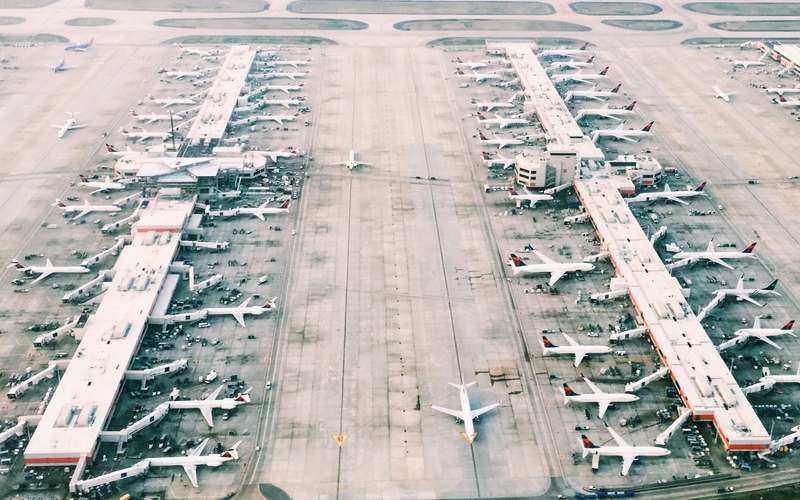


 Harrison Astbury
Harrison Astbury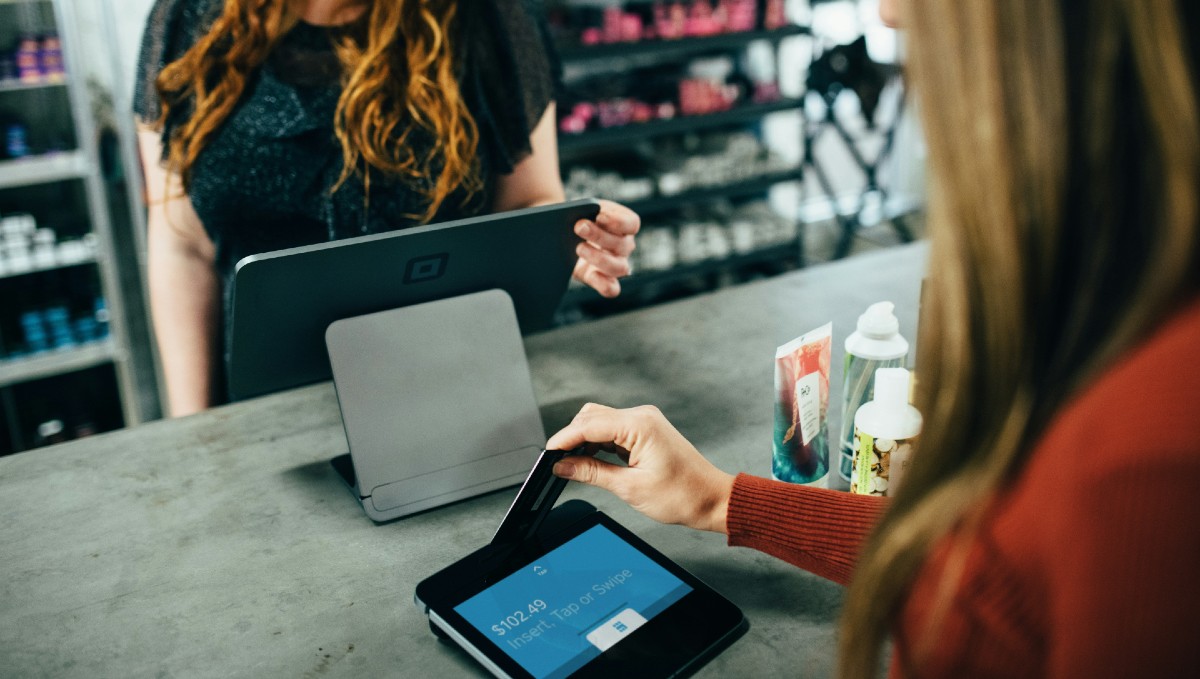
 Denise Raward
Denise Raward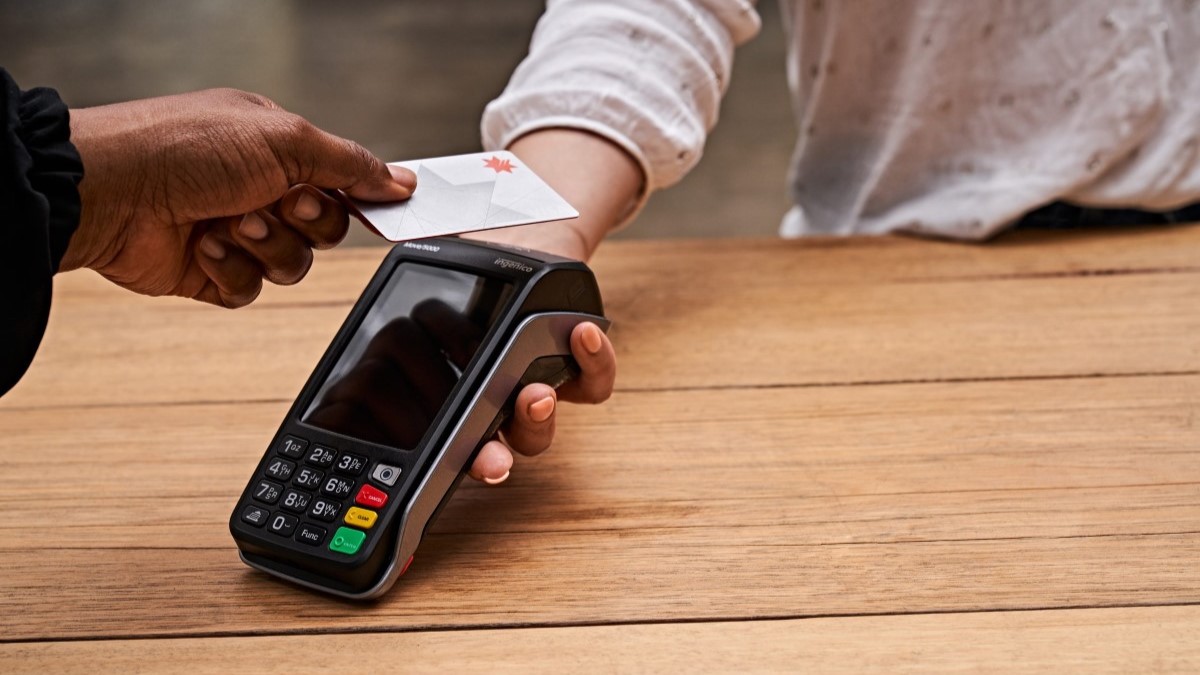
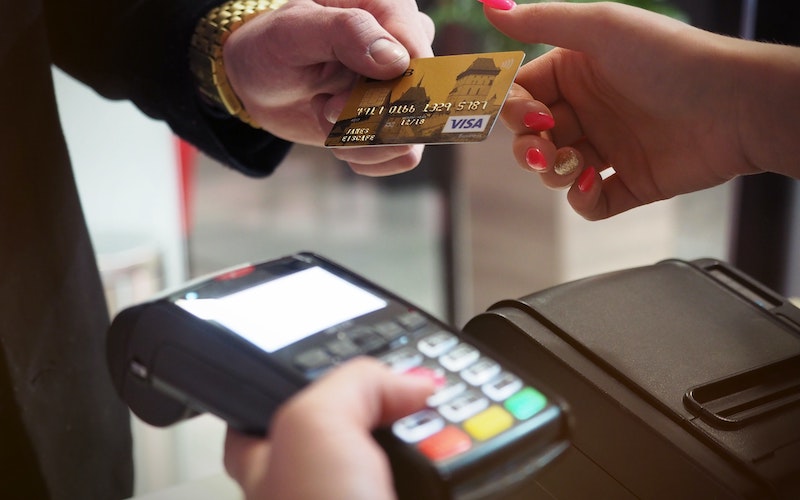
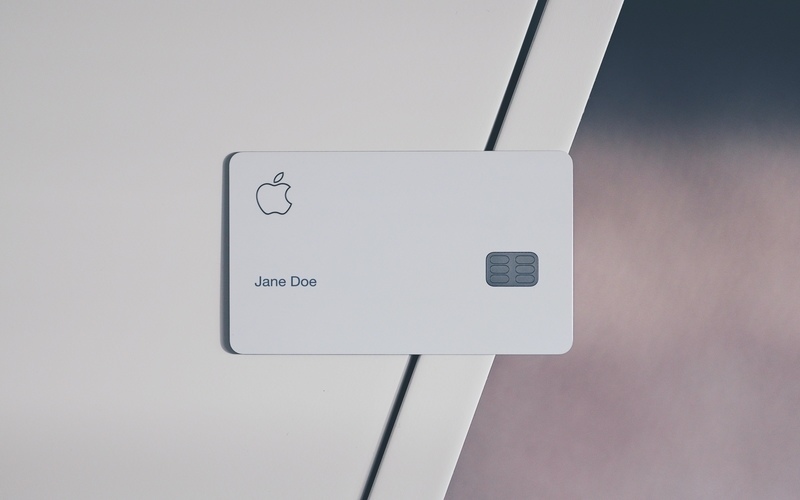
 William Jolly
William Jolly